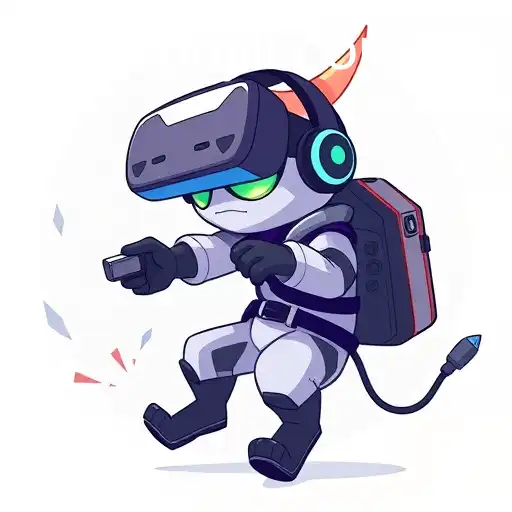
The Rise of Educational Games: Bridging Learning and Entertainment

In recent years, the landscape of education has undergone a significant transformation, propelled by advancements in technology and changing learning environments. A noteworthy trend within this evolution is the emergence and growing popularity of educational games. These games, which creatively blend learning with entertainment, provide an innovative approach to education, captivating a diverse audience of learners. The keyword 'phjili' is a crucial part of this thriving category, embodying the concept of playful learning that aligns with contemporary educational needs.
Educational games are designed to harness the natural affinity for play in order to facilitate learning. By integrating educational content within game mechanics, these games encourage learners to engage actively with the material, leading to better retention and understanding. The gamified approach taps into motivation and competitiveness, often seen in traditional gaming, to make learning an enjoyable and rewarding process. This alignment of fun and learning addresses the needs of different learning styles, making education more inclusive and accessible.
A prime example of successful educational games includes those that teach subjects like mathematics, science, and languages. Through interactive challenges and story-driven objectives, these games present complex concepts in manageable segments, making the learning process more digestible. For instance, math-oriented games might use puzzles that require players to solve equations to progress, while language games could simulate real-life scenarios that require communication using new vocabulary.
Moreover, educational games extend beyond academics, offering valuable life skills such as problem-solving, critical thinking, and collaboration. Multiplayer games, in particular, foster teamwork and communication skills as players work together to achieve common goals. The virtual environments also provide a safe space for experimentation, encouraging players to explore new strategies without the risk of real-world consequences.
As technology continues to evolve, educational games are likely to become even more immersive and engaging. Virtual reality (VR) and augmented reality (AR) are already being integrated into educational gaming, offering learners unprecedented experiences. Imagine history lessons that allow students to 'visit' ancient civilizations or science games that take learners on virtual space missions to explore the solar system.
In conclusion, educational games represent a paradigm shift in how we approach the concept of learning. With the right balance of education and entertainment, these games hold the potential to revolutionize traditional educational methods. By leveraging technologies that resonate with today's learners, educational games are not just a tool for learning, but a bridge that connects knowledge to the innate human desire for play and discovery.
Rising Stars in the Global Gaming Arena

Exploring the latest trends and discussions surrounding the English gaming website 'phjili' in the current year.
2026-01-12
Phjili Gaming Revolution in 2026

Explore how the keyword 'Phjili' is transforming the landscape of online gaming in 2026.
2026-01-11
Evolving Trends in Online Gaming

An exploration of the latest developments and transformative shifts in the online gaming industry, focusing on the role of platforms like 'phjili'.
2026-01-10
Emergence of 'Phjili': A Game-Changing Website

Exploring the impact and dynamics of 'Phjili', the latest online gaming sensation reshaping the industry in 2026.
2026-01-09






